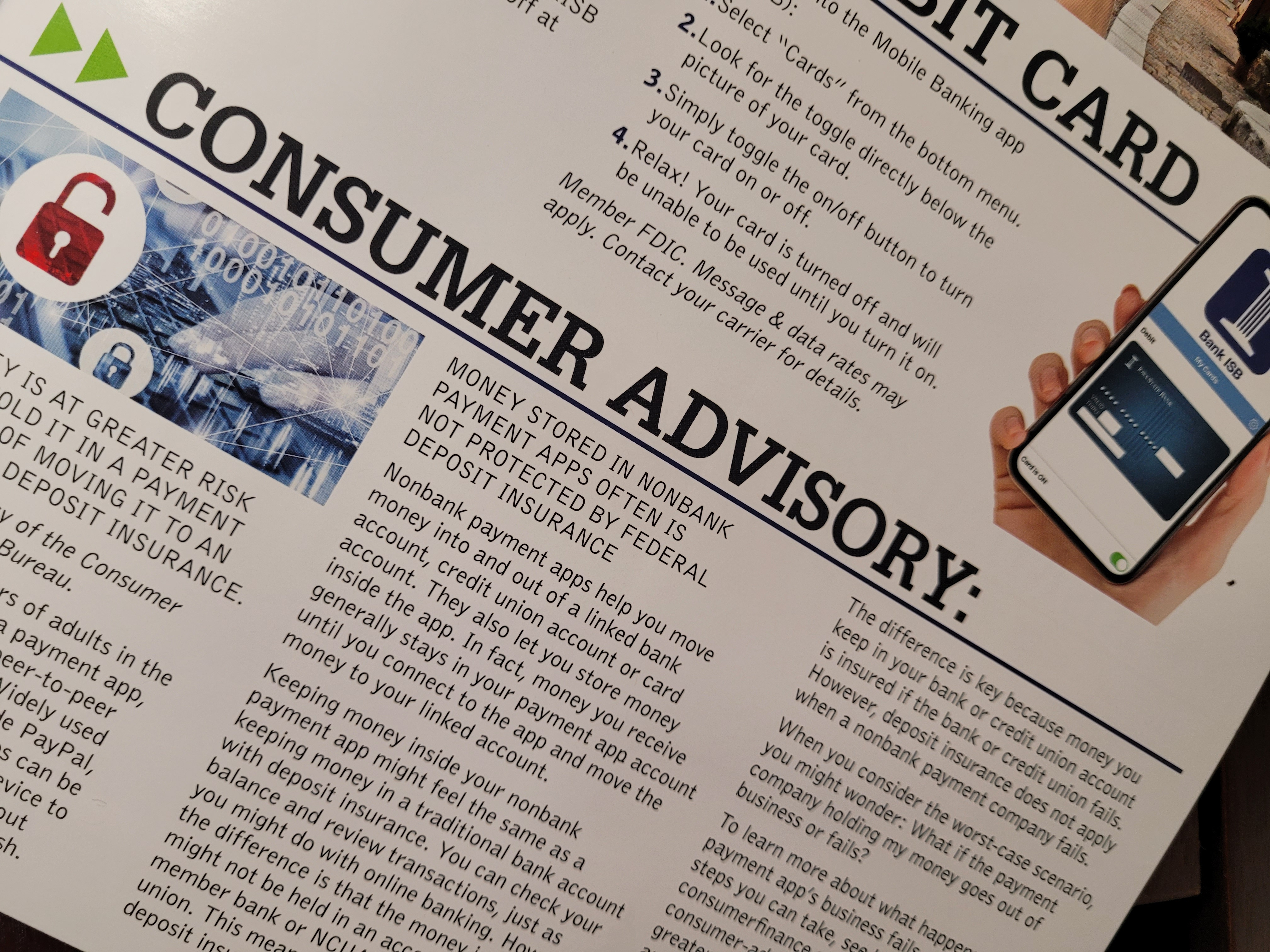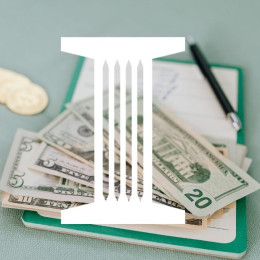
What is a grandparent scam?
Grandparent scams target older adults with urgent phone calls from someone pretending to be a grandchild or a person speaking on their behalf. The caller claims there is an emergency that requires immediate financial help. Scammers might say the grandchild has been in a car accident, is facing a medical emergency or needs bail money, and they often urge the grandparent to transfer money, via wire, prepaid cards, bitcoin ATMs or by sharing banking account information.Scammers rely on panic and secrecy to pull off these scams. Talk with the grandparents in your life about how to verify a real emergency and make it clear that no legitimate request for help will ever involve secrecy or pressure to send money fast. Some families establish a family password that only trusted relatives know, so loved ones can verify callers and hang up if the password is not given.
How can you protect yourself or loved ones?
To avoid these scams, never send money or share personal information based on an unexpected call. If you receive such a call hang up and contact the grandchild or family member directly using a known phone number. Be especially cautious of any caller who urges secrecy or demands immediate action. If something feels off, don't hesitate to talk to your bank or report the call to law enforcement and file a report.This message is provided for information only by Iowa State Bnak in partnership with the Iowa Bankers Association.
Business Fraud Business Tips Community Consumer Tips Cybersecurity Fraud Prevention General
August 27, 2025 by Iowa State Bank









